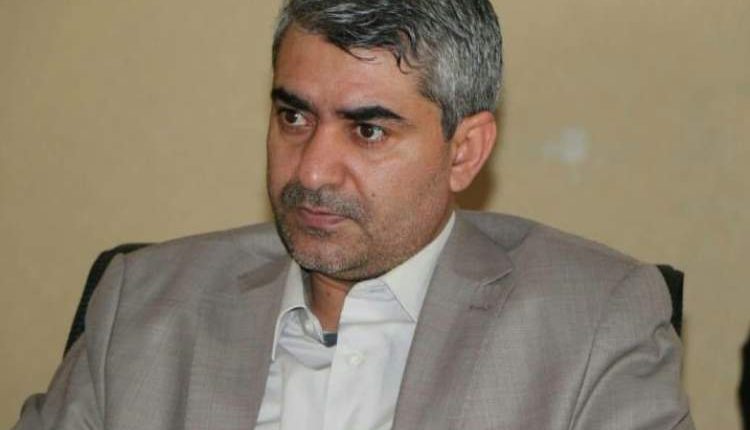UN Role in US-Saudi Aggression Against Yemeni People
The Secretary-General of the Supreme Council for the Coordination of Humanitarian Affairs, Abdulmohsen Tawoos, in the capital, Sana’a, held a press conference, pointing out the role of the United Nations system in the face of the human suffering of the Yemeni People during the 6 years of US-Saudi aggression and siege.
He explained that the aggression and blockade over a period of 6 years caused 24.8 million people to need food aid, which is 67% of Yemeni People. 5.1 million people are one step away from famine, and the aggression has also caused displacement of 4.5 million people, 58% of the displaced families, live in cold and extremely cold areas.
He added, “6 years of aggression and siege also caused 16 million people to need health services, including 11 million people who are in dire need of healthcare and medicine, 4 million children suffer from malnutrition and a million pregnant and lactating women suffer from acute malnutrition.”
With regard to the education sector, Tawoos pointed out that about half a million students have become in urgent need of emergency assistance, while one million displaced children need support in the field of education, after the destroying of more than 2,500 educational facilities.
Turning to the supposed role of the United Nations in mitigating the impact of the humanitarian crisis, Tawoos revealed that the United Nations organizations did not interact as required with seeking to alleviate the suffering of the Yemeni People and focused on activities that do not serve the need.
He said, “For 6 years, the negative position of the United Nations system exacerbated the suffering of the Yemenis, and its positions were limited to media descriptions without any serious action on the ground, and for 6 years we did not perceive a serious move by the United Nations to stop the aggression on Yemen.” He pointed out that with the deteriorating humanitarian situation reaching its peak, the United Nations took a number of measures that further exhausted the humanitarian situation in Yemen.
Tawoos revealed that the World Food Program had reduced the periodic distribution of food to 50%, and that was a prelude to using food as a political and military card in the hands of the Aggression Coalition, far from any humanitarian considerations.
In the health sector, he explained that international organizations worked to produce a state of collapse in the health system through its sudden withdrawal from hundreds of health facilities without any solutions or timeliness.
He also pointed out that the reduction and stopping of the fuel needed to operate water and sanitation institutions by UN organizations made a real disaster. With regard to food aid to the population, he uncovered several cases in which UN organizations had introduced food and health materials in kind that were about to expire.

